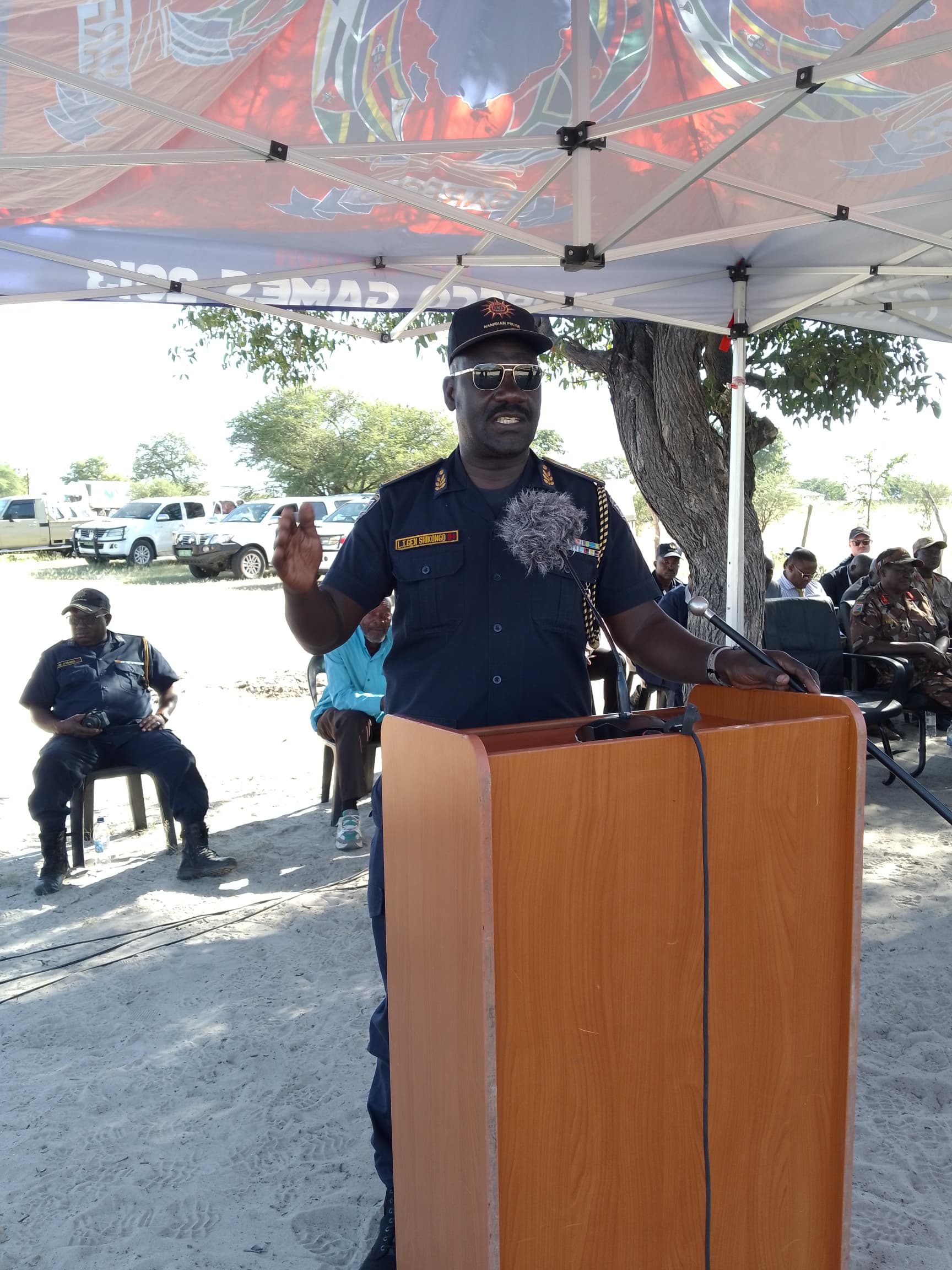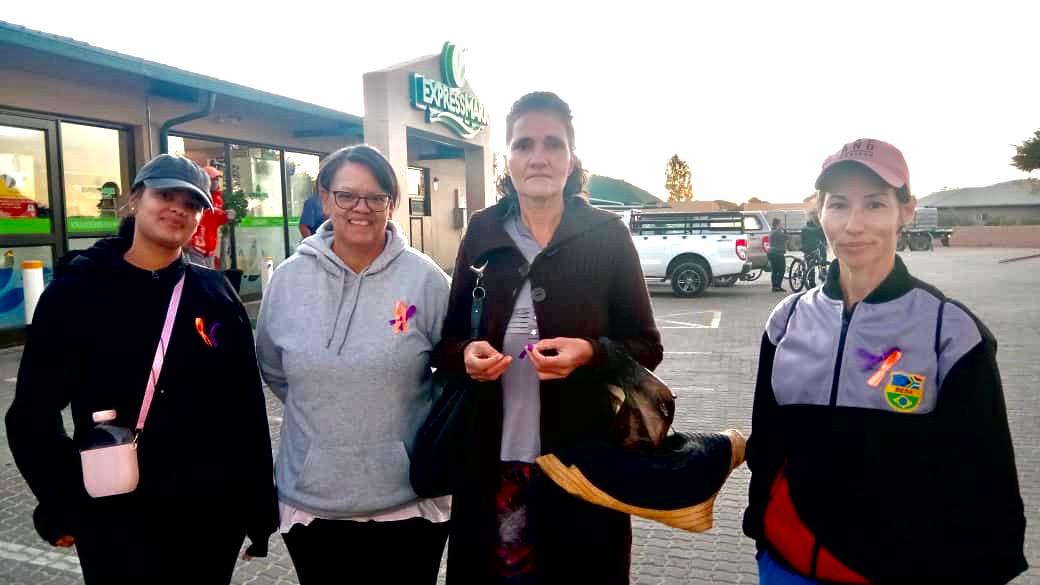BUJUMBURA – A reporter for the government’s official news agency has been sentenced to five months in jail for criticising police – not in print, but in conversation during a night out at a bar in Burundi.
According to a court official who asked not to be named because he was not authorised to speak to the media, Aloys Kabura, 36, was sentenced on Monday on charges of “contempt in relation to the established powers”. Kabura was not working when he made the comments.Evode Ndayizigiye, the government news agency’s chief editor, said: “I still believe that his detention is irregular.The court has taken a whole month to deliberate on the case.”My feeling is that they must release him immediately.”Kabura was detained on May 31 after he criticised police for beating journalists who were at the home of an ousted ruling party official for a press conference in April.Police were demanding that reporters hand over material recorded at the press conference to intelligence officers.Some 30 journalists were held at the politician’s home for six hours before being released without handing over their material.Others were taken to hospital for injuries suffered during the confrontation.Relations between Burundi’s year-old government and the press soured sharply afterward.Senior government officials and leaders of the ruling party had publicly accused the media of becoming “another political opposition” for criticising corruption and mismanagement.Burundi was still reeling from a 12-year civil war that killed more than 250 000 people, most of them civilians who died of disease and hunger.The war started in 1993, after Tutsi paratroopers assassinated the country’s first democratically elected president, a Hutu.Nampa-APKabura was not working when he made the comments.Evode Ndayizigiye, the government news agency’s chief editor, said: “I still believe that his detention is irregular.The court has taken a whole month to deliberate on the case.”My feeling is that they must release him immediately.”Kabura was detained on May 31 after he criticised police for beating journalists who were at the home of an ousted ruling party official for a press conference in April.Police were demanding that reporters hand over material recorded at the press conference to intelligence officers.Some 30 journalists were held at the politician’s home for six hours before being released without handing over their material.Others were taken to hospital for injuries suffered during the confrontation.Relations between Burundi’s year-old government and the press soured sharply afterward.Senior government officials and leaders of the ruling party had publicly accused the media of becoming “another political opposition” for criticising corruption and mismanagement.Burundi was still reeling from a 12-year civil war that killed more than 250 000 people, most of them civilians who died of disease and hunger.The war started in 1993, after Tutsi paratroopers assassinated the country’s first democratically elected president, a Hutu.Nampa-AP
Stay informed with The Namibian – your source for credible journalism. Get in-depth reporting and opinions for
only N$85 a month. Invest in journalism, invest in democracy –
Subscribe Now!










